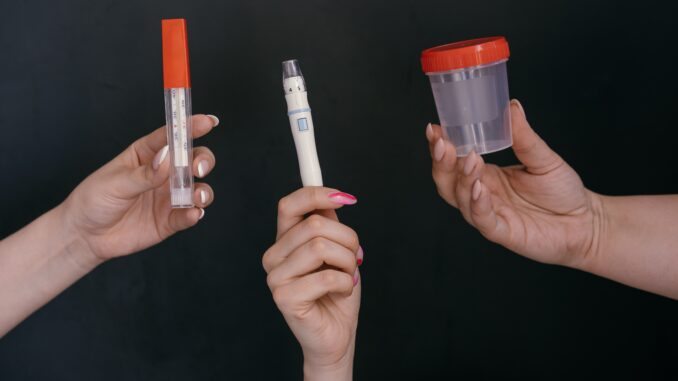
Multiple times a question arise in our minds does urine hold DNA or how does urine hold DNA? The answer is yes! Urine does hold DNA.
It is quite certain that the amount of DNA in urine is not much as present in other body fluids like saliva or blood. The salutes urine consists of the DNA however, urine is mostly made up of water and has less amount of salute. It makes it more difficult for the extraction of DNA molecules from urine.
DNA molecule immediately deteriorates in the urine making the extraction much more difficult. For accurate results firstly urine sample is concentrated to obtain more solutes from the sample.
What is DNA?
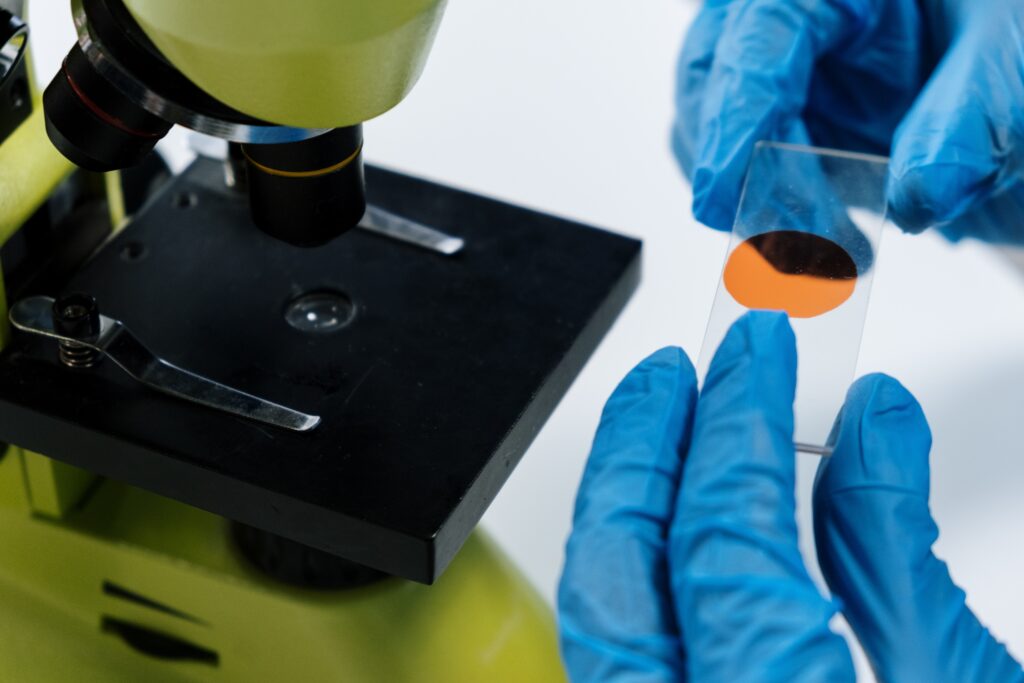
DNA (deoxyribonucleic acid) is composed of 2-deoxyribose nitrogen bases and phosphate groups. It is a basic genetic molecule providing identity to each individual. It is responsible for the activity of each cell of the body.
DNA molecules give instructions to a body on what to do and when to do it. It is responsible for health, appearance, growth, and even aging.
Role of Gender In Holding Urine In DNA
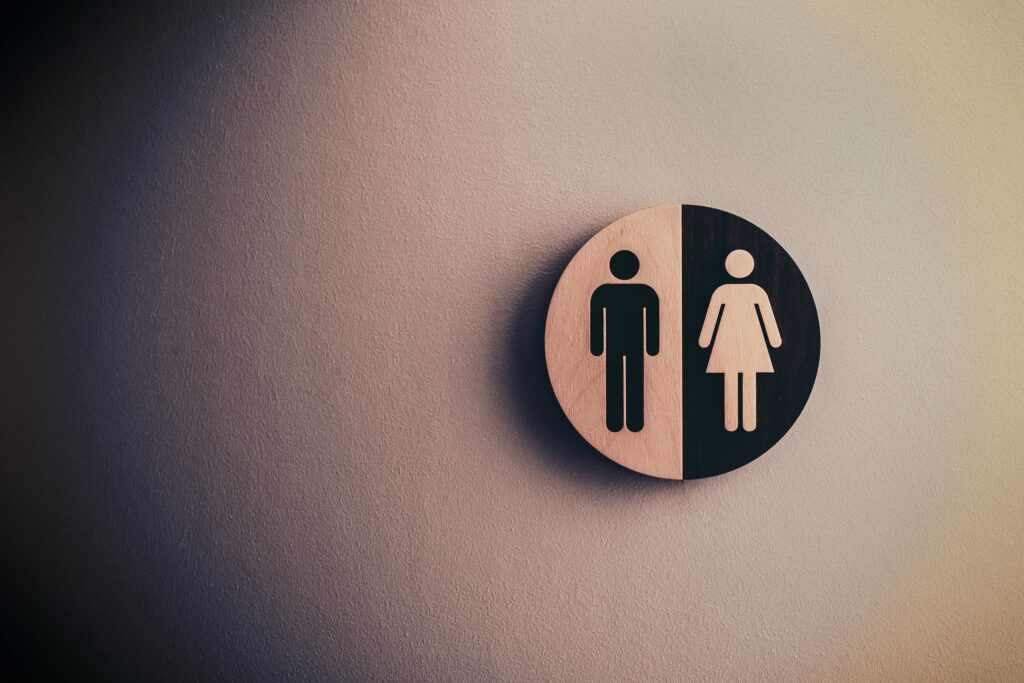
DNA in urine is present in the epithelial cells. Since DNA does not have a direct connection with urine but with epithelial cells, therefore DNA molecules are present in females in greater quantity. Women have a higher quantity of epithelial cell count. The cells enter the urine through the vagina walls.
Identification of a Person Through Urine
Urine is a common source for DNA extraction as it is more often discarded compared to other body fluids. Urine samples are used for the identification of people having drug or chemicals traces present in their bodies.
Preservation of DNA From Urine
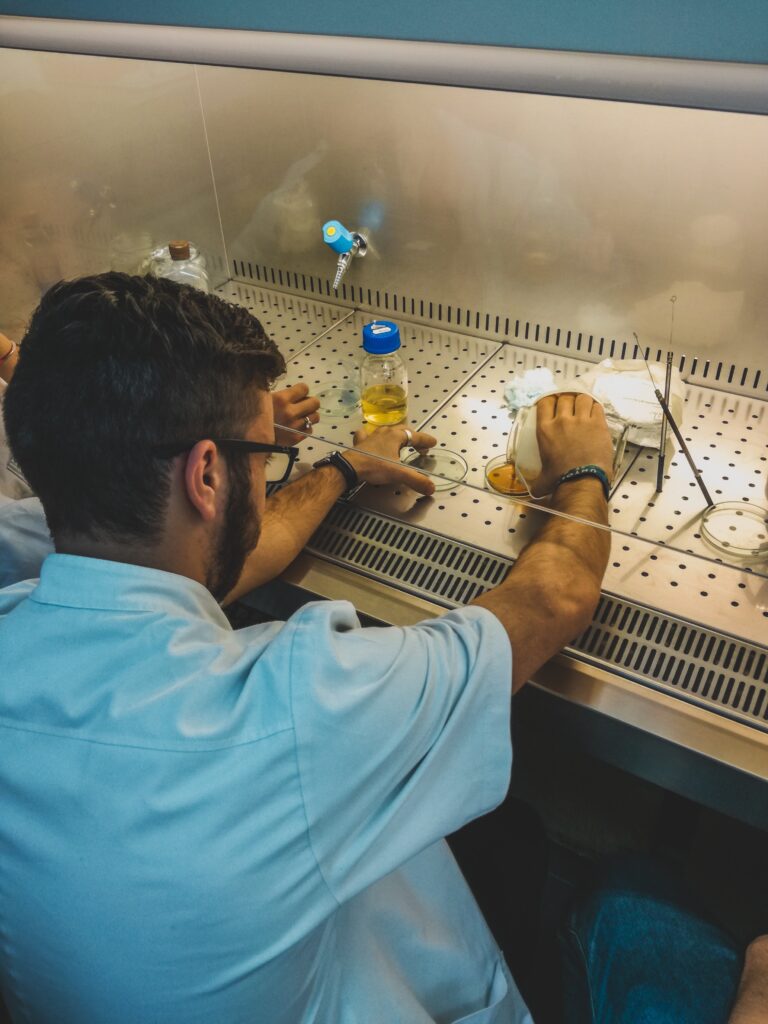
DNA has a half-life of 521 years which means if we obtain a DNA sample of a person from ancient times we will only get half of the genetic molecule right. And after 521 years again the half-life becomes less and with time the DNA molecule completely deteriorates. According to recent studies, if you extract DNA molecules from urine samples you can store the urine sample at room temperature for 14 years. The DNA molecule remains unchanged for this time period but afterward, it will be hard to obtain the exact DNA molecule composition.
Extraction of DNA From The Urine Sample
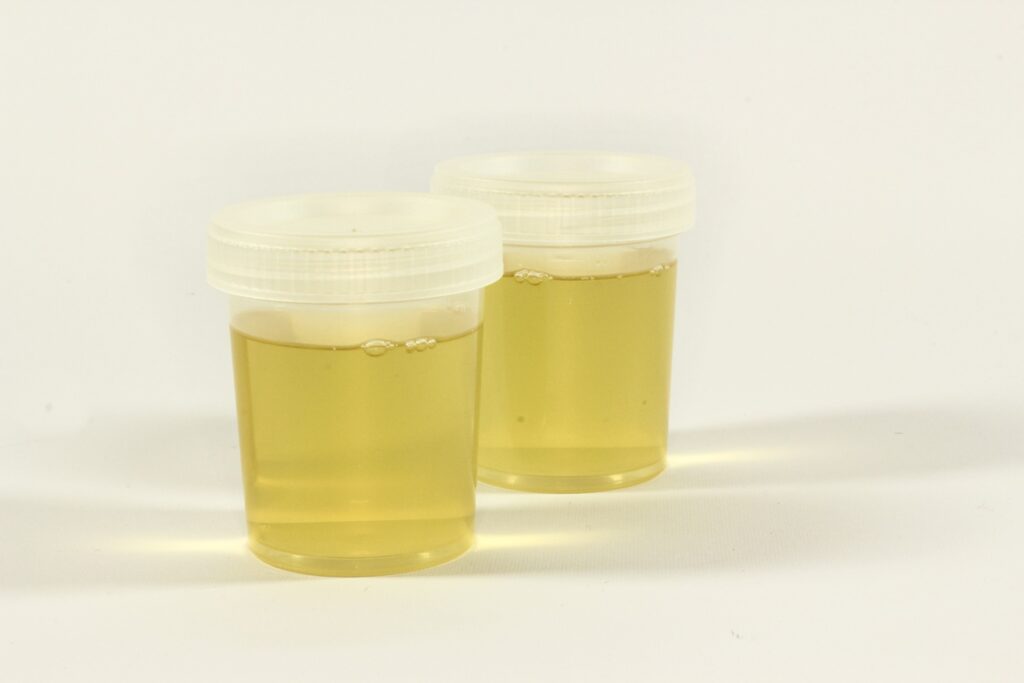
DNA molecules in the urine sample are mostly present in the epithelial cells in the vaginal wall, kidneys, urethra, and bladder. Apart from these organs the urinary secretions like vagina secretions, mucous, and semen also consist of DNA molecules in them.
When we look at the basic anatomy and physiology of the urinary system we will see that all the organs and fluids are interconnected with each other. Urine passes from the kidney composed of mostly water along with a small number of solutes in it. From the kidneys, the urine passes through the urethra outside the body which is internally made up of the lining of epithelial cells. Each time a person urinates some of the DNA molecules is excreted along with urine from the body.
From the urine sample, the unwanted water is removed and the salute is obtained in the saturated form. From the salute, we obtain epithelial cells that provide the basic DNA molecule.
Advantages of DNA Molecule From Urine
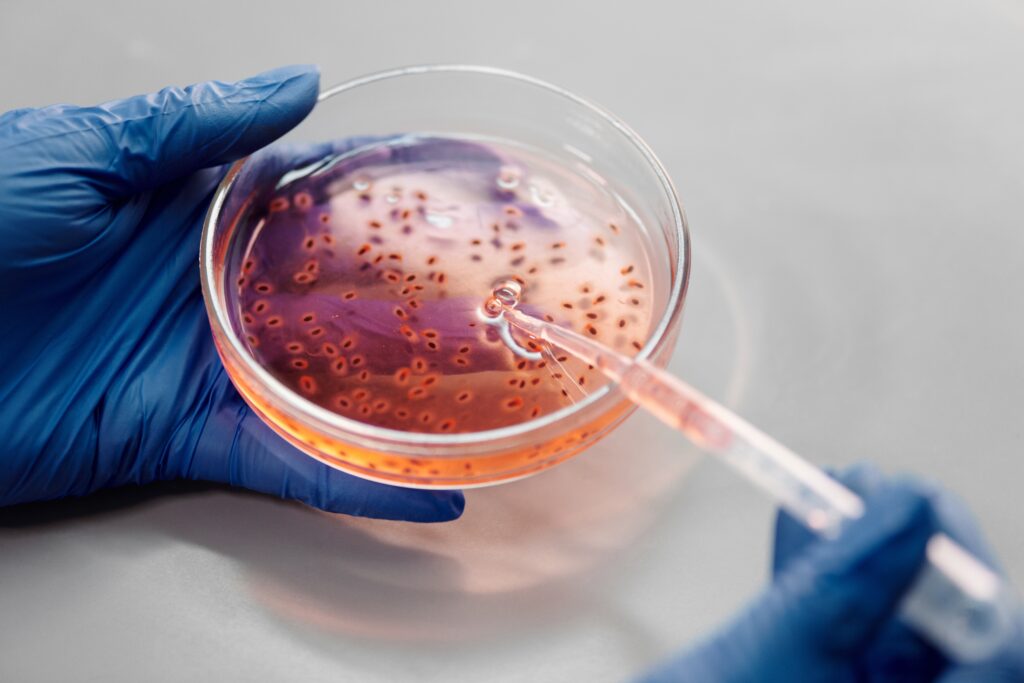
The urine sample is not the ideal choice to identify a DNA molecule but sometimes it is the only choice left like in criminal investigation. At the crime scene, a urine sample of the criminal can be used to find out his identity. If the DNA molecule of the suspected criminal comes positive then it makes the investigation much easier.
DNA molecules are also extracted from the urine sample for a paternity test or any other relation among individuals. When a mother claims a man to be the father of her child then a urine sample of the child and father is used to prove it. However, the accuracy of the paternity tests through urine samples is not always correct.
As urine DNA tests can give false results, therefore we can only exclude the person from the paternity test if he is or not the father of the child. A further blood DNA test is required for confirmation.
Final verdict
So, really does uring hold DNA? Forensic departments chiefly prefer blood samples over urine samples for DNA extraction because of the tiny amount of DNA molecules present in urine. However, in the case of crime scenes, any spot left behind by the criminal is crucial, therefore no one can underestimate the DNA molecule extraction from the urine sample.
